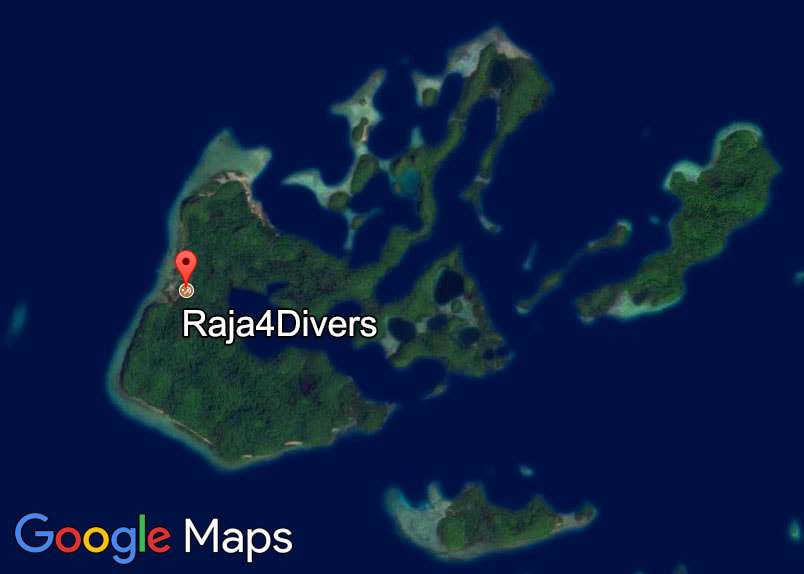|
It was ten months ago that our last guests left the resort to fly back home, before the borders were closed everywhere and international travelling became impossible. Apart from dealing with cancellations and the financial implications of the pandemic for a small resort such as ours, we have since had to make sure – now more than ever – that people don’t forget about us. Of course, all of us never thought that it would take this long for the situation to improve. But even if it didn’t, our fast moving times require a lot of effort to remain in people’s minds. How do we make sure that people will want to visit us as soon as travelling to Indonesia is possible again? It sounds pretty easy: we just have to make them keep dreaming of our paradise, keep up that longing of our marine life and beautiful Pulau Pef. No big deal, right? Post a few pictures and videos on social media and send out regular newsletters, that should do the trick. Well, almost... First of all, in a crisis like the current one, travelling to Raja Ampat is probably not people’s primary concern. The fear of catching the virus, losing your job or your loved ones getting sick are much more present than your next holiday to a country where you don’t know exactly how they deal with the pandemic. It may be a little easier with guests who have visited us before. They know us, they know how we function, how we care about our guests and staff and what we do to protect them. For them, we may be far away and currently unreachable, but still close to their heart. And we know that many of them can’t wait to come and stay with us again (the same goes for us, by the way!). And still, we are doing all we can so that they don’t forget us. Our budget is currently very limited, so apart from regular social media posts and monthly newsletters, we try to get free PR coverage on various channels and in different areas of the world. And this blog you are reading right now is also an important channel to stay in touch with guests and friends of the resort. Classic advertising is unfortunately very limited at the moment, until we know when the Indonesian borders will reopen. The beginning of the year is normally the time we take part in dive exhibitions. It is one of the best ways to present ourselves, tell interested people who we are, what philosophy we represent and what our island and resort look and feel like. Personal contact with repeaters and future guests has always been very important to us. Unfortunately, this year it will not be possible as all physical dive shows have been cancelled at least until March. This is why we were happy when the German dive magazine «Tauchen» announced that they were planning the first digital dive show in the German speaking area (February 5-8). Of course, we wanted to take part in this, because we always like to try out new things. It will never be the same as a traditional exhibition, but special times call for special methods. And we try to make our «booth» look as personal as possible. Check it out, it’s free for visitors! You can find us here as of February 5th.
What are the elements that make people want to come and stay with Raja4Divers? What is it exactly that we need to bring across to our guests to make them book with us? It’s foremost and above all - emotions! There is no such thing as a rational decision in life, it’s all about emotions. If we manage to touch someone’s heart and their feelings, then they will understand what we are all about. It’s our philosophy to give our guests a very personal experience, trying to make them feel like a friend rather than a stranger when they stay with us. And to convey this feeling already before they arrive at our jetty on Pulau Pef – this is the challenge. During these special times, we also want to share our confidence with future guests and friends and show them what we do to keep the resort a beautiful and safe place. We want them to understand that we believe in the future of Raja4Divers and that we are prepared to do whatever it takes to be ready when Indonesia reopens. On social media as well as in our newsletters, we have been showing not only beautiful footage of nature, but also our efforts to maintain and improve the resort, to take care of the island (at least whatever lies in our power) and last, but not least, to keep our team’s spirits up. Thanks to our open philosophy, our guests get to know many of our staff rather closely, so it feels only natural for us to keep them informed about our employees during lockdown too. And I think, many of our guests and friends really appreciate this. It gives them a feeling of being close to us, and that’s exactly our intention! We may be physically separated from all of you by thousands of miles, but we still are very close in our hearts!
0 Comments
Working in remote teams was 2020’s buzz activity, for obvious reasons, with so many people working from home. But despite the digital tools that we have available, the fact of not being able to see each other face-to-face is not always easy for everyone. On the other hand, they say that a crisis brings out the best in people and forges bonds between them. I think, that’s definitely true for our team! When the pandemic started last year, our two booking representatives Caroline and Doris were the ones who felt the impact immediately. As they both work individually from home, they felt quite alone during the first lockdown, having to suddenly face a storm of questions, e-mails and problems. So, they started calling each other on a daily basis to discuss whatever they had on their mind. These calls helped them deal with the helplessness, the anger and the frustration of not being able to answer all of our guests’ questions or do anything against the consequences of the pandemic that our guests had and still have to endure. They kept these calls up for many months, thereby managing to overcome this difficult time of insecurity and the feeling of being cut off from everything. Of course, there were many calls and Skype chats with Maya as well, but due to the time difference and the weak internet on the island, these were not as frequent. I think the solidarity between Caroline and Doris during their daily phone calls was what really kept them going.
Solidarity comes in many forms and across all kinds of borders. Recently, one of our employees lost his father very unexpectedly. He was devastated. So, the whole team started praying for and with him, across religious borders, Muslims, Christians and Hindus together. The team supported him as best they could, and he was very grateful. During normal times, with the resort in full operation, our team might not have had the time to stand by him as much as now. Ever since the beginning of the pandemic, our team members were very supportive of each other. If one was down or afraid of what the future may bring, the others tried their best to motivate her or him, whether they were together on the island or one of them back home with his or her family. Moral support doesn’t require physical presence. It’s obviously easier to comfort someone in person, maybe even give a hug. But it’s also possible to cheer someone up across borders. A friend of mine, who’s been working from home since last March, told me that her team started a virtual Friday coffee break last spring. I imagine the idea was to stay connected and keep up an informal exchange, apart from the regular virtual business meetings they have anyway. However, she said that they usually just talk about their plans for the weekend and the weather. Nobody seems to really care how they are doing on a personal level. Shouldn’t this be her manager’s duty? To make sure, his or her colleagues are coping well with the situation? To find out whether they have hidden fears or other problems that he/she might be able to help with? I agree, it’s not easy to get a feeling for someone across a screen, but it’s a challenge we have to deal with and make sure, our employees feel our support and motivation across all kinds of barriers and borders. With Maya and me currently being in Switzerland, it takes a big effort for us to really stay connected with the team on the island and all over the world. It is not enough to simply call or skype once a week and leave them to themselves for the rest of the time. Luckily, we still have a great management team on Pulau Pef that manages to keep our staff motivated and in good spirit. Their natural lightheartedness probably helps as well. It may be easier to motivate my Indonesian colleagues than a Swiss team for whom the current lockdown situation is a lot more different than their normal life. And yet, some of my Indonesian colleagues are also starting to feel impatient. They miss our guests and the tasks they were hired for, especially the ones with close contact to our guests. But they never seem to doubt that we will one day open and receive guests again. We always tried to give our employees the feeling that giving up is not an option – be it face-to-face or via virtual chat. The aim was to convey that it may take some time, but that someday we will go back to the hustle and bustle of resort life and do what we like best – take care of our guests and show them the beauty of Raja Ampat! I was supposed to be back on the island last Saturday already, but I’m still sitting in cold and snowy Switzerland due to new Covid-19 regulations to enter Indonesia. As much as I always like to come home, I would honestly prefer to be on Pulau Pef right now. I could do with some warm weather and joy of life by our Pef team. But I have to be patient and take it day by day, just like all of us currently. For now, I don’t know when I will travel and what the conditions will be like. So I wait… Without guests, my job mainly consists of office work that I can also do remotely with my laptop. Home office, like probably half the world at the moment. Guest relations would be the other part of my job, but that’s rather difficult without guests to relate to... The internet here is obviously much quicker than on the island, but my inspiration for all the beautiful social media posts and blog texts is beginning to fade. Not easy to promote a tropical dive resort while watching the snow fall outside your window. But I still consider myself lucky. At least I get to scroll through gorgeous pictures every day and post breathtaking videos. In contrast to my colleagues from booking, Caroline and Doris, who are permanently located in Switzerland. They told me that before the pandemic, they would get up every morning very happy to start up their computer and check enquiries, reservations and bookings that came in overnight. Now, they sometimes hesitate to even switch on their laptops because they know that their inbox will be full of cancellations, requests for rebookings and questions about when the resort will reopen. How frustrating – not only for our guests, but also for Caroline and Doris. They have to keep repeating that, unfortunately, they don’t have any info on when the Indonesian borders will reopen. Luckily, they are both very positive people and handle the situation admiringly. They still love their job, but they will need a lot of patience before their inbox will be full of enquiries for new bookings again. Maybe my Indonesian colleagues are better at being patient than us. Living in our fast-paced world, we are used to planning our lives and controlling every minute of it. And now we are forced to just wait and be patient. So difficult for us! In Indonesia, many things still happen at a slower pace, especially in West Papua. So waiting is part of everyday life and people have less of a problem with it. Patience is a common virtue. I wish I had it too, I was never a very patient person. But I do think I gained a little more patience since I started working in Raja Ampat. After all, I managed to get used to the slow internet on the island and accept the fact that the tasks my job requires me to do take three times as long as in Switzerland. I learnt to adapt to the island rhythm and not expect everything to happen immediately. I think, I even started walking more slowly, which is amazing, because I was always a very quick walker.
Our guests and friends ask us regularly whether we can still keep going and whether we will survive this crisis. We don’t know for sure, but there is no other option for us, really. We believe in the future of Raja4Divers and that the resort will be bustling with energy and guests some time again soon. But will our patience last long enough? If you had asked me last March, I would never have thought that we would manage for such a long time to keep up the good spirit, the patience and the teamwork. But this is a very western approach, I guess. I never had to be patient for such a long time and was almost always able to decide myself how I wanted to proceed in life. I never planned very much in the long term, but the upcoming months were usually more or less laid out. My Indonesian colleagues may have faced challenging situations before, where they just had to be patient and wait for things to happen. This is why they seem to cope better with the current situation. We can only learn from this and I intend to do just that. I’m sure a little more patience will come in handy for the coming months… Too many Christmas cookies!
TalkingWithMangroves is taking a break and will be back with new posts as of mid January 2021, once I'm on Pulau Pef again. In the meantime, why not check out some of the previous posts you may have missed? I wish you wonderful holidays and a happy and healthy new year! Pulau Pef is nature at its best. It’s pure and wild and lush and in most parts untouched. There is only us and the jungle on the island, no one else. It’s what we all love so much about this place and one of the reasons our guests choose Raja4Divers over other resorts closer to civilization. Being located only 48 km south of the equator, we are within the equatorial belt and therefore not at risk of tropical storms or Tsunamis as you may encounter in other areas of Indonesia. I have also never heard of a big earthquake in the region. And I’m really glad about that! But once in a while, we do get a little storm that can mess the resort up a bit. It apparently happened 2 days ago while I was in cold Switzerland, nicely tucked up in a warm blanket in my heated living room. There was heavy rain and wind on the island and the waves were high enough to wash some sand, coconuts, wood and – yes, unfortunately – also some plastic onto some of the jetties and terraces. There were branches and leaves from the palm trees everywhere. Luckily, we regularly cut the branches and coconuts over buildings, walkways and jetties so as not to put any people in danger! These little storms are usually very short. This week, it apparently happened during the night, which on the one hand is good because there are hardly any people outside. On the other hand, it’s a little difficult to fix things in the dark before they get blown away. But like many times before, nobody was hurt, and nothing was badly destroyed. It just reminds you that we live in the wild and that nature can be very powerful. I sometimes have a tendency to forget this because everything is so well organized and running smoothly in the resort. You have the comfort of feeling one with nature and still enjoy the amenities of modern life to a certain extent. But you can’t have the cake and eat it too, as they say. If you want to hear and feel nature as closely as you do in our open-structure bungalows, you also feel and hear the waves, the rain and the wind. It’s a great experience if you let yourself in for it, lying in your bed with the windows and the sliding doors safely closed and listening to the sound of nature. The power it has is incredible and to feel it so closely is rather impressive.
I know that our buildings and structures are built to withstand the type of weather we have in the area, because we used the knowledge and experience of local people when building the resort. And most of the time, it’s sunny anyway, and there’s only a slight breeze on the island, just as you would expect in paradise. When my friends ask me about the best time to come to Raja Ampat, I always say that any month is a good month. It can be dry and sunny or wet and cloudy any time of the year. December is usually calm and tropical with a little rain every other day or so. But it can also be wet and windy, as we just experienced. That’s probably one of the big differences between my new home and my old one: in Switzerland, weather forecasts are pretty accurate most of the time, whereas predicting the weather for Pulau Pef is very difficult. You just get up in the morning and look outside (or listen) to find out what the weather is like. If I had been in my boss’ shoes ten years ago and someone had shown me this wild and uninhabited island to build a resort on, I would probably have denied. I’m too much of a sissy when it comes to the jungle and wild nature. Not that I’m scared, but I’m just rather meticulous about cleanliness (ask my kids, the poor guys had to put up with a lot of nagging…) and don’t particularly like hermit crabs and sandy floors in my house. You wonder what I’m doing on Pulau Pef, then? Well, the beauty of the island helps me forget the humid clothes, the little creepy-crawlies and the occasional stormy weather. The latter is just part of the deal, just as November rain is part of the deal if you live in Switzerland. The less you think about it, the less it bothers you and the more you enjoy the sunny dry days! For 1½ years now, I’ve been an expat (expatriate = person living abroad). In retrospect, it doesn’t feel that long. Despite the C-crisis, time went by very quickly. And it doesn’t feel very much like expat life, because of the C-crisis, as lately, I have spent a lot more time in Switzerland than originally planned. But maybe it’s more because I never intended to leave Switzerland for good, so I didn’t feel like abandoning everything, but just like working abroad for a certain time. The Raja4Divers adventure was always going to be a few wonderful years of my life, but not the rest of it. Recently, I read an article about a Swiss woman living in San Francisco. She wrote about how she became very patriotic while in the US, much more than she was when she still lived in Switzerland. I noticed the same with my sister living in California. She and her family are part of the Swiss club and have been participating actively in its activities for over 20 years now. They are usually not the type to be members of clubs or sports teams, but it seems that living abroad (which for my sister and her family is home now - actually, they’re not expats anymore, as they’ve had the US citizenship for many years) makes people remember their roots and want to be with their compatriots. Maybe, when you’re away from home, you like to meet people who were brought up more or less the same way as you, who have similar values and who will just understand you without a lot of explanations. As much as we sometimes feel different from our compatriots when living in our home country, we somehow feel close when we are abroad for a longer period of time. Life on Pulau Pef is different from «normal» expat life, if there is any such thing. My boss being Swiss as well, it feels very much like home. Luckily, my Indonesian colleagues add some foreign flavor to my life on Pef. And, of course, the island itself and the beauty surrounding me remind me every day that I am almost on another planet. It is mostly when I go to Sorong that I really feel like a foreigner because life there is so different. I usually want to go back «home» to the island as soon as possible. Funny enough, when the pandemic started and the borders closed down, I had this urge to go home to Switzerland to be with my family. I can’t say why, because I knew that I could not have done much for them and that I was much better off on the island. But, as the woman from San Francisco put it, «We are like children longing to rest on their mother’s lap after a tough day at school.» When times get rough, we want to feel safe at home. During the second half of the year, I ended up spending a lot of time in Switzerland. And I’m glad, even though life on the island was much easier, less restricted and a lot more fun. But in Switzerland, everything feels so familiar and I know my way around, even though everything is different at the moment for obvious reasons.
For now, I don’t know yet how much longer I will be an expat. But I know that one day, I’ll want to go back to Switzerland. I think, it’s the place I want to grow old in. It’s where my roots are and where I feel most comfortable. Oh dear, I’m getting older! I never would have felt like that at the age of 20. I always wanted to travel the world and hopefully live and work abroad one day. It took a while to happen, but now I’m doing it and thoroughly enjoying this experience. I consider myself very lucky and don’t want to give the impression of being ungrateful for my life, especially in times like these. But a statement I read in another article about expat life sums it up pretty well: «In heaven, but missing home». And then, soon after I’m back in Switzerland, I start missing Pulau Pef and its people. First world problems, I know… With the current Corona crisis affecting our economy dramatically, many people around the world are worried about losing their jobs or even their whole existence. In Switzerland, psychological illnesses have increased or worsened considerably since the outbreak of Covid-19 and more people are seeking help with psychologists or in psychiatric clinics. There also seems to be reason to believe that suicidal tendencies are rising and will continue to rise the longer the crisis lasts, especially within the group of young people. How do my Indonesian colleagues react to the crisis? The answer needs differentiating. Whereas my colleagues from Jawa, Bali and other areas of Indonesia are following the news very closely and worry at times about their families and friends, Papuans never gave me the impression they were really worried about this virus. You may say that they might not understand the whole impact on a bigger scale, and you may be right. But we do inform them widely and regularly, so they know what’s going on. And they feel the consequences of the crisis on a personal level, since they only get a part of their salary and haven’t seen any guests for 8 months now. And yet, they don’t seem to worry. On the one hand, it may have to do with the fact that they still have a job, good food and something to do whereas most of their friends and family don’t. But, more importantly, they don’t have that much to lose. They have always had to deal with illnesses and have a different approach to illness and death. It’s always been part of their life, so why the big fuss around Corona? Every once in a while, we have to let go an employee because he crosses a line that is unacceptable. It just happened again very recently, and I simply cannot understand why they risk losing such a good job for – in my eyes – a very stupid reason. With my western mentality, I feel that an employment with Raja4Divers must be like winning the lottery for someone in Raja Ampat. And I know that many, especially young men, want to come and work for us. So why do they risk losing it all? Because, for one, they don’t think about the future. But also beacuse they don’t consider losing a job such a tragedy. Even if they’re the only ones making any money for the entire family or village. They may have a garden they can live off, go fishing and get some rice somewhere. It always works out somehow. As proud as they may be of their job at Raja4Divers (and they are very proud, I know that!), they don’t attach that much importance to a job or a position as we do. It doesn’t define who they are, it just pays money. And if they are lucky, they enjoy doing what they do, e.g. as a dive or snorkelling guide. It’s a pity to lose good people, and the one we just lost, was a good one. We invest time and money in our employees, as any good company would, and hope they will stay for a while. But nothing is guaranteed, so we have to start all over again with someone new. You would think that word will get out and potential employees would hear about this and not make the same mistake if they get hired. But unfortunately, they forget after a while and think they will not get caught. It reminds me a little of my children when they were small. They always thought I wouldn’t find out when they did something wrong. Too bad for them, I always did!
As much as I love and admire the happy-go-lucky mentality of our Papuan employees, it sometimes makes me sad. I wish I could make them see what they risk losing. That they would have a perspective in life with Raja4Divers and a second family that really cares for and about them. But I guess, that’s a very western view of things again… For about a year now, I have been teaching English to our dive and snorkelling guides. Since the beginning of the lockdown, we intensified the training so that I am now teaching three times a week. We have two groups, beginners and advanced, and the lessons usually take place from around 4 to 5pm, with 30 mins for each group. Timing is always a little challenging as every other time or so, something comes up that makes it difficult to either start on time or even have the class. And sometimes, they simply forget to show up because they are so busy working… Teaching the beginners is not an easy task, because the Indonesian language has a very different (and much easier) structure than English. To go from easier to more difficult is obviously harder than the other way around, which sometimes makes it difficult for me to find an example to explain something. But in a face-to-face situation, I usually manage, because I can use gestures or – if worst comes to worst – ask one of my colleagues for the Indonesian word if I don’t know it myself. Since I am currently back in Switzerland again for a while and knowing that they will not study English on their own, I offered to teach via Zoom twice a week, always at 7.30am (!) for me and 4.30pm for them. While concentrating was already difficult for them during our normal face-to-face class on the island, it is even more difficult in a remote situation. Arif, our dive manger, is helping a lot by getting the technical side sorted out, starting up the Zoom meeting and getting everybody there on time. Most of the times, he stays during both classes to help them focus on studying, but as soon as he leaves the room, I can feel the concentration fading. When I’m on site, I try to make our English class varied and spontaneous, integrating games and involving my students actively. Via Zoom, this is a little more challenging. The advanced group has been working on looking up marine animals and describing them in English during our class. Apart from small talk with our guests, this is what they need most in their daily jobs as dive and snorkelling guides. So, we are trying to continue this via Zoom. With the poor internet connection, the sound is rather bad and I’m having problems understanding my students. And some of them seem to think that while one is talking, the others don’t need to stay in the room. They simply walk out of the room to have a smoke or go for a little stroll. They do come back after a while, but at first, I was very irritated and didn’t understand what was going on. In Switzerland, most of us are quite disciplined and would be upset by such behavior, but I know my students don’t mean to be disrespectful. Most of them didn't spend a lot of time at school or didn’t have to sit still for longer periods of time to concentrate on studying. And digital education is already demanding for people who are used to home schooling and Zoom meetings, let alone for someone who grew up in a little Papuan village. Yet, I still believe they enjoy these English lessons. It’s a change from the daily routine and I’m convinced, most of them actually like to learn something new, even if they don’t always appear very keen. We laugh a lot and have fun while studying. I simply try to make them talk which is what they really need. What we all need in a foreign language – loose our fear of making a mistake when talking. When one of them does make a mistake, the others usually laugh at him. At the beginning, I felt really sorry for the guy. But now, I learned that it’s normal to laugh just about anything and this is not considered rude. The one that is laughed about will laugh about someone else soon after.
The other day (or morning for me), all of my students were at the dive center at the same time (and on time) when we started the Zoom session. Arif told me that we would do both levels together because they needed to finish something afterwards. OK I thought, this is going to be interesting. And then I realized that the only thing they were really interested in before we started with English was whether my daughter was around. They were hoping to get a glimpse of her via Zoom! Unfortunately for them, she was out that morning. Maybe next time. I hope this will encourage them to use their best English to communicate with her😉. As I was running along the river Limmat in Zurich the other morning with my daughter’s dog Cookie, I was admiring the falling autumn leaves and thought how beautiful this was. The leaves were everywhere, on the grass, the path, the street and on benches. This being Switzerland, I could hear the city employees with their very loud leaf blowers blowing the leaves off the street, the paths, the benches and even the lawn that was perfectly mowed, of course. What a pity, I thought. The yellow, red, brown and green leaves were making the grey city look a lot more colorful. And in my eyes a lot more beautiful, too. But maybe, this is not the typical Swiss idea of beauty. We normally like it neat and clean and well organized. On the other hand, when our guests come to Pulau Pef, they like the fact that we don’t control and cut down nature that much and that we all live with and within nature. Of course, we clean the paths, the jetties and the sandy areas every day, as they would otherwise be covered with huge palm leaves very quickly and would make walking around very cumbersome. But apart from that, being on Pulau Pef feels quite the opposite of super clean Switzerland. Suddenly, we think this is beautiful. Now that there are no guests at the resort, there is a lot of maintenance and renovation going on. Among other things, we also redid some of the pathway borders with new stones and rocks. The idea of our employees was to make these borders as straight as possible, because they considered this to look beautiful. Maya had to intervene and ask them to keep the borders a little curved to make it look more natural. In our – and our guests’ – eyes, it looks more beautiful that way. But not so in the eyes of our local staff… Maya told me that during construction times, our employees wanted to sand down and varnish all the pillars that were used for the bungalows and other buildings, because they thought this looked more beautiful. Well, Maya thought the opposite – she wanted everything to remain as natural as possible, and so they remained untreated. It is what we westerners feel creates the special atmosphere and adds authenticity to our resort. We look for natural looks and the locals prefer treated materials, maybe also to show that we can afford the treatment. Two rather different ideas of beauty. Indonesians also like colorful things and clothes and they tend to mix patterns. The more glitter and shiny parts, the more they seem to like it. A western eye might question their taste, but they in turn might question ours, judging our discreet style as too boring. And you have to admit that bright colors do look great on darker skin.
The more I get to know the joyful mentality and the sunny nature of my Indonesian colleagues, the less their idea of beauty seems foreign to me. It simply fits their style, their humor and their behavior. They love life, as simple as this life may be in our eyes. The notion of beauty is not an absolute value, it depends very much on your personality and the world you live in. Like with many other things I experienced in the last 15 months in Indonesia, I have to let go of prefabricated ideas and think they are valid for everyone. Why would my idea of beauty be the same for my Indonesian colleagues when we grew up in completely different environments, having been taught different values? I’m still curious to find out more about our two different worlds and what other notions we differ in. And I’ll make sure to tell you about them! I have to admit, I am very sensitive to the weather. I love the heat and the sunshine and feel miserable if it rains for days and the weather gets cold and grey, which is often the case in Switzerland in fall. I’m therefore in the perfect place in Raja Ampat, utterly enjoying the hot and humid days (ok, I could sometimes do with less humidity…) and complaining immediately if the temperature drops a few degrees. Fall in Switzerland - as beautiful as a hike in the mountains on a sunny day can be - regularly brings me to the verge of depression whenever it shows its wet and cold side for days or weeks. Many of my European friends say they like our seasons, the change they bring, and that they would miss this a lot in an area without seasons. Not me! I do like to go skiing in winter and love to walk through the fresh snow on a sunny day. But I can perfectly do without, as long as I have the sun and the warm temperatures to make me happy. People often ask me about the best time for a visit to Pulau Pef. My answer is always the same: basically, all year round. We have no rainy season, nor do we have a dry season. You can be lucky or unlucky every month of the year. Last year, for example, was a very dry year - at least the second half of it that I spent on the island. It hardly ever rained, and the usually lush green vegetation was beginning to look a little yellow and thirsty.
This year, however, it has been very tropical, with a little rain almost every day or night. The rainfall could range from 3 minutes to a few hours, from a light drizzle to torrential downfalls with winds, thunder and lightning. But luckily, we never have big storms as Raja Ampat lies in the center of the equatorial belt. A typical day may start with some rain in the early hours of the morning, some clouds but dry weather during breakfast, beautiful sunshine and hot temperatures in the afternoon and a gorgeous sunset with the perfect number of scattered clouds in the sky to make for beautiful pictures. Repeat the next day. «Four Seasons In One Day» is a song by the Australian/New Zealand band Crowded House which I like very much. It perfectly represents the weather we often have on Pulau Pef and illustrates why no weather forecast will ever be able to predict our weather. But who needs to know upfront what the weather will be in paradise? If there’s rain, you know that soon after there will be sunshine again. And if you’re going diving, you’ll get wet anyway! I notice that I don’t mind bad weather that much anymore when I’m in Switzerland, because I know that I will go back to Raja Ampat and enjoy the warm tropical temperatures again. Even though the island’s beauty does have a tendency to become normal after a while, I will never get tired of the – in my opinion – great climate of my second home. There’s just one aspect about the humidity that I don’t like, which has to do with the fact that we – luckily - don’t have air conditioning in our bungalows: my clothes, towels and bed linens are never really dry. On hot days, I don’t mind. But on wet and cooler days, I would give a lot to have dry clothes to slip into in the morning or a dry bed to lie in at night. But hey, you can’t have your cake and eat it too, can you? |
#TalkingWithMangrovesI never even dreamt of working on a remote island in Indonesia, but life has a way of taking care of itself… Archives
May 2021
|
LocationPulau Pef - Raja Ampat - Indonesia
|
Follow Us
Our Office in SorongJl. Gagak No.7 B, Km 7 Gunung, RT.001 RW.002
Kelurahan Malengkedi, Remu Utara PO Box No.130 Sorong 98416 – Papua Barat - Indonesia Phone +62 (0)811 485 7711 |
Rates and information are subject to change without notice. Terms and Conditions apply. All rights reserved.
Imagery is copyrighted and may not be used without express permission and written consent.
Images and videos of the following photographers / videographers were used for this website:
Barbara Moll, Claudia Peyer, Pere Rubio, Thomas Haider, Filip Staes, Christian Kaufmann, Dos Winkel, Duri Mayer, Jürgen Freund,
Daniel Brinckmann, Amanda Künzle, Joram Zimmermann, Ramon Sibold, Roman Keller, Barbara & Markus Aichinger, Fabienne Hadorn, Andreas Hadorn,
Armin Keller, Marcel Rudolph, Sabrina Inderbitzi, Peter Löseke
© 2024
Imagery is copyrighted and may not be used without express permission and written consent.
Images and videos of the following photographers / videographers were used for this website:
Barbara Moll, Claudia Peyer, Pere Rubio, Thomas Haider, Filip Staes, Christian Kaufmann, Dos Winkel, Duri Mayer, Jürgen Freund,
Daniel Brinckmann, Amanda Künzle, Joram Zimmermann, Ramon Sibold, Roman Keller, Barbara & Markus Aichinger, Fabienne Hadorn, Andreas Hadorn,
Armin Keller, Marcel Rudolph, Sabrina Inderbitzi, Peter Löseke
© 2024


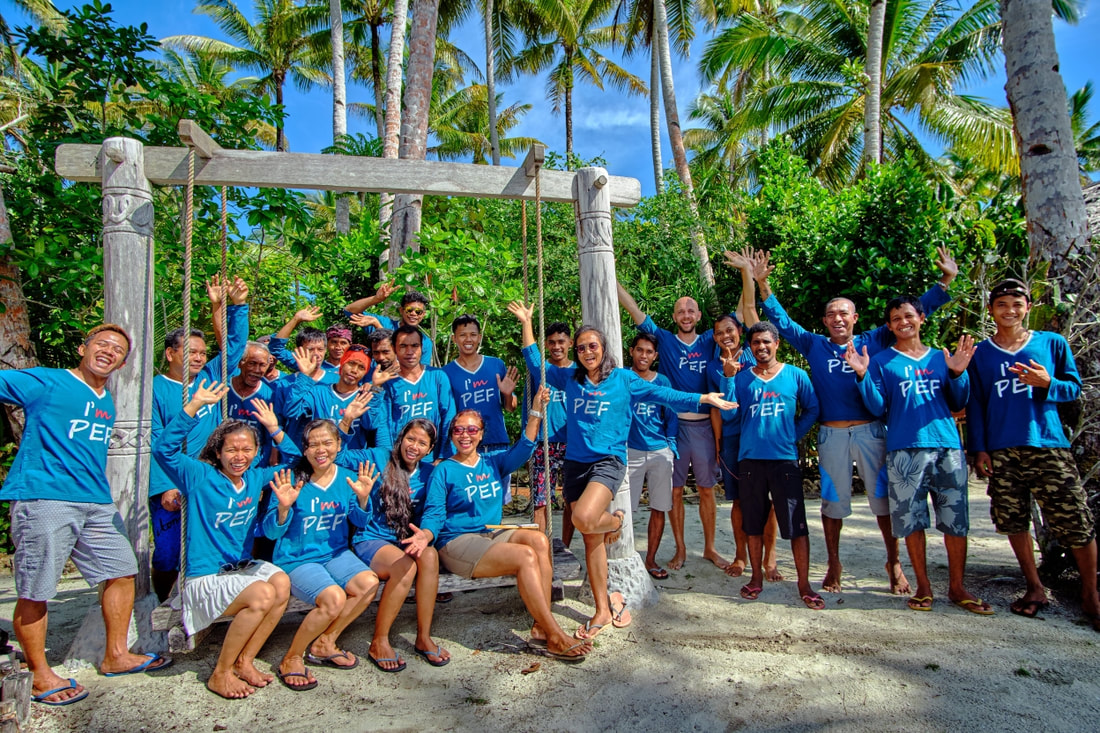
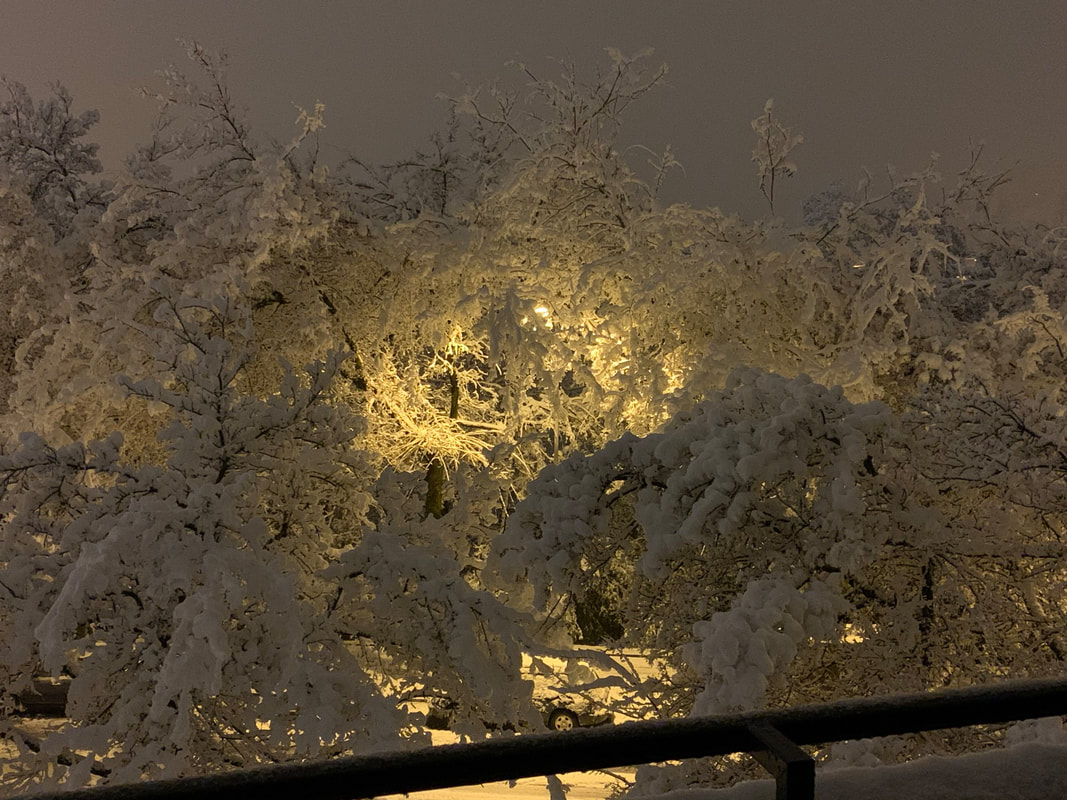
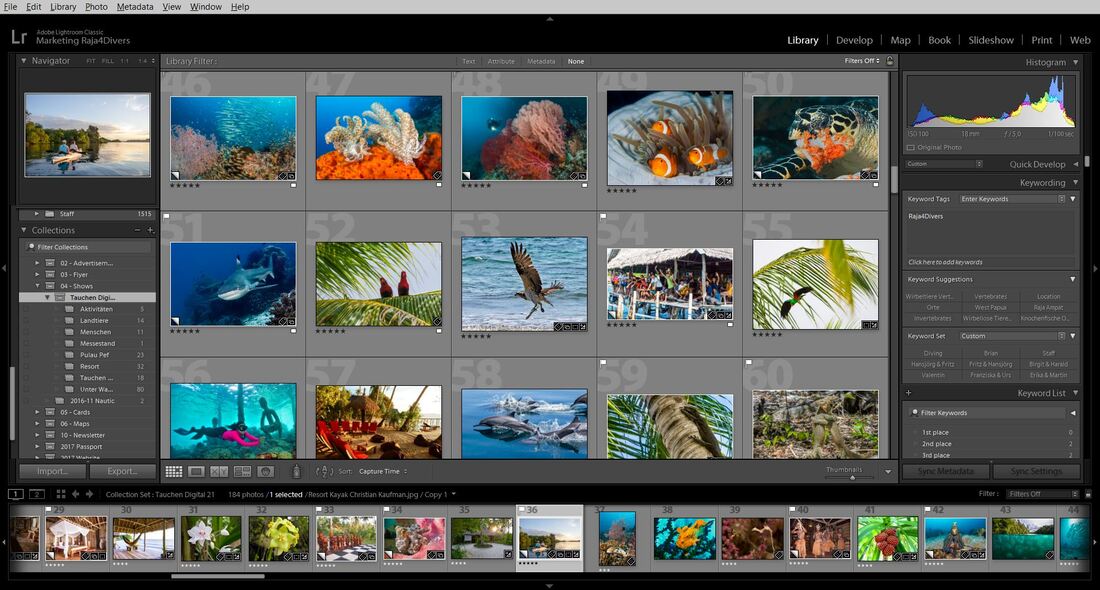
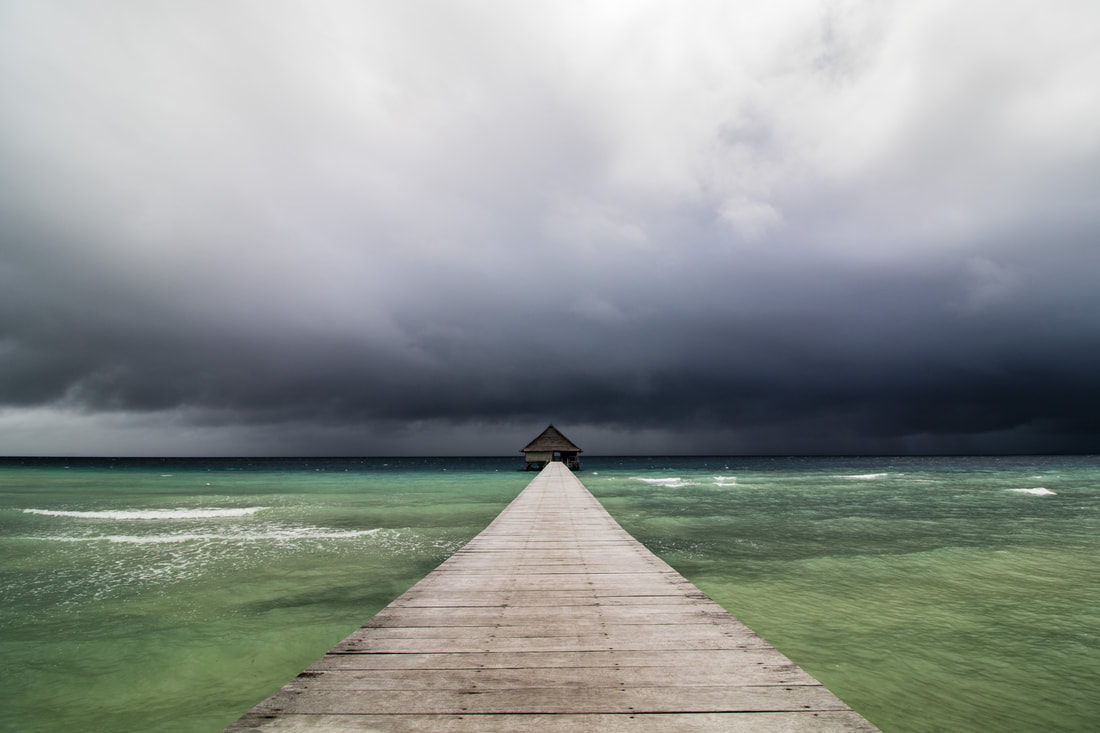
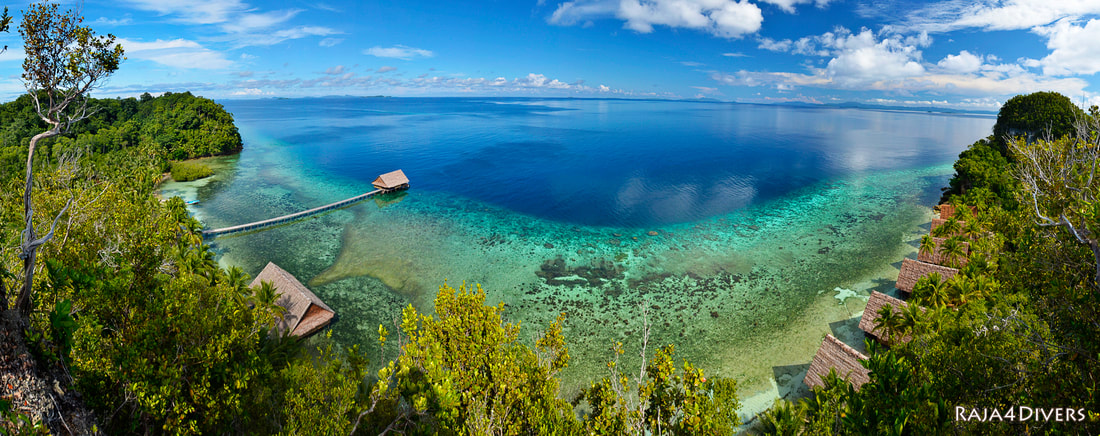
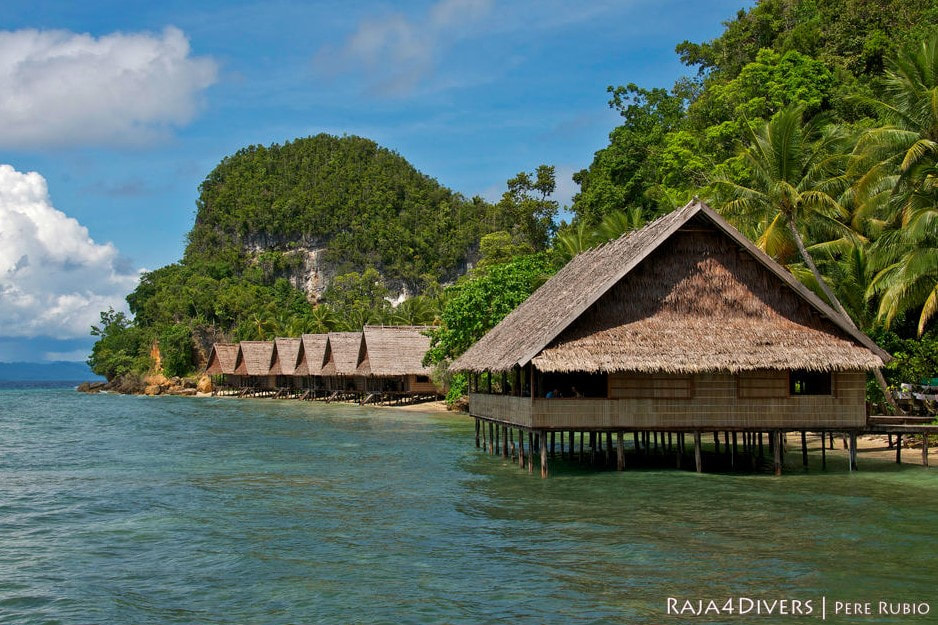
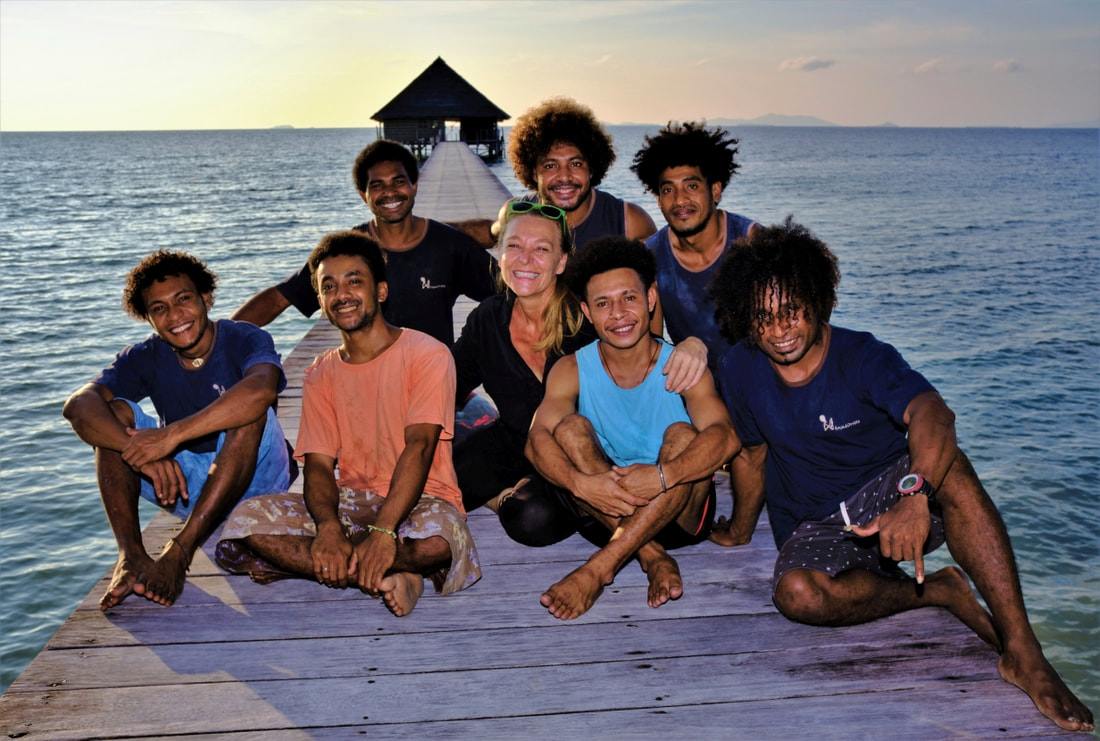
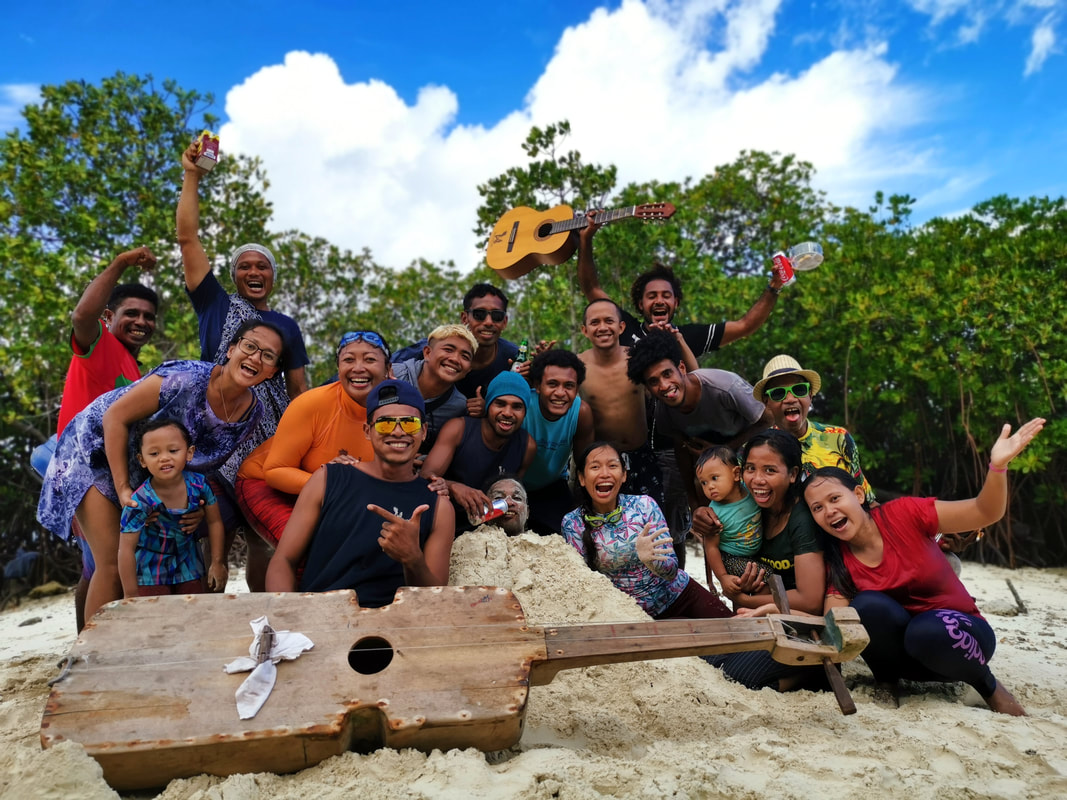
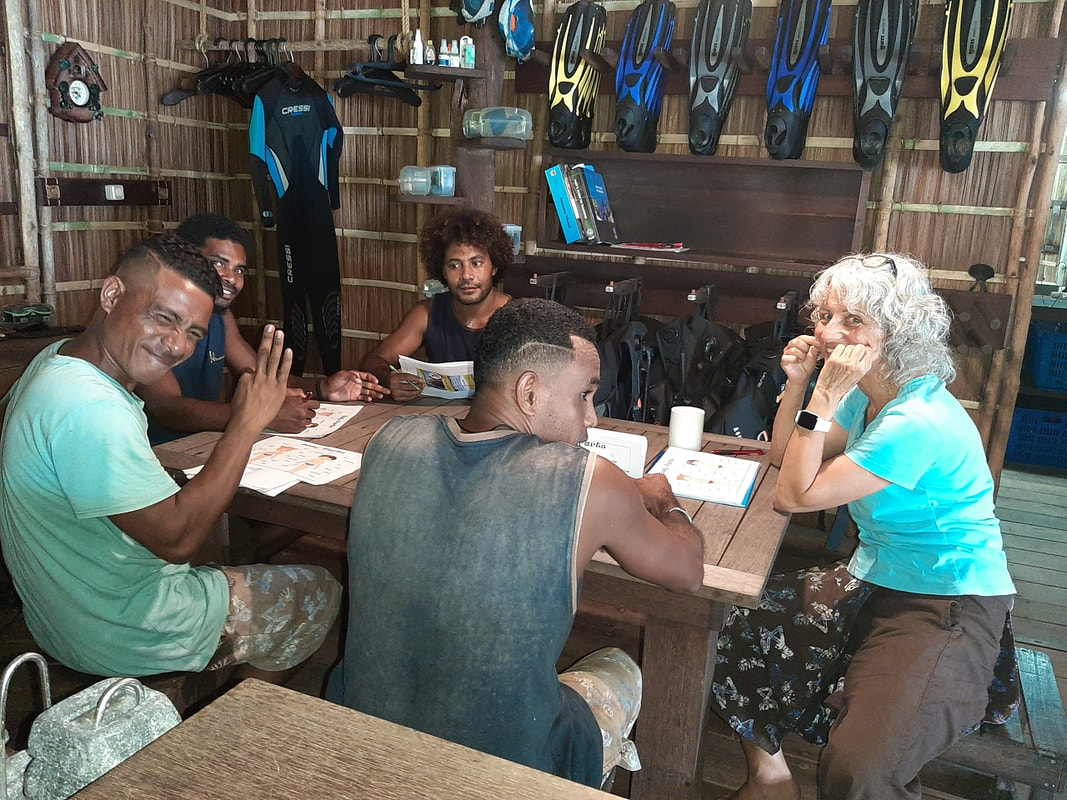
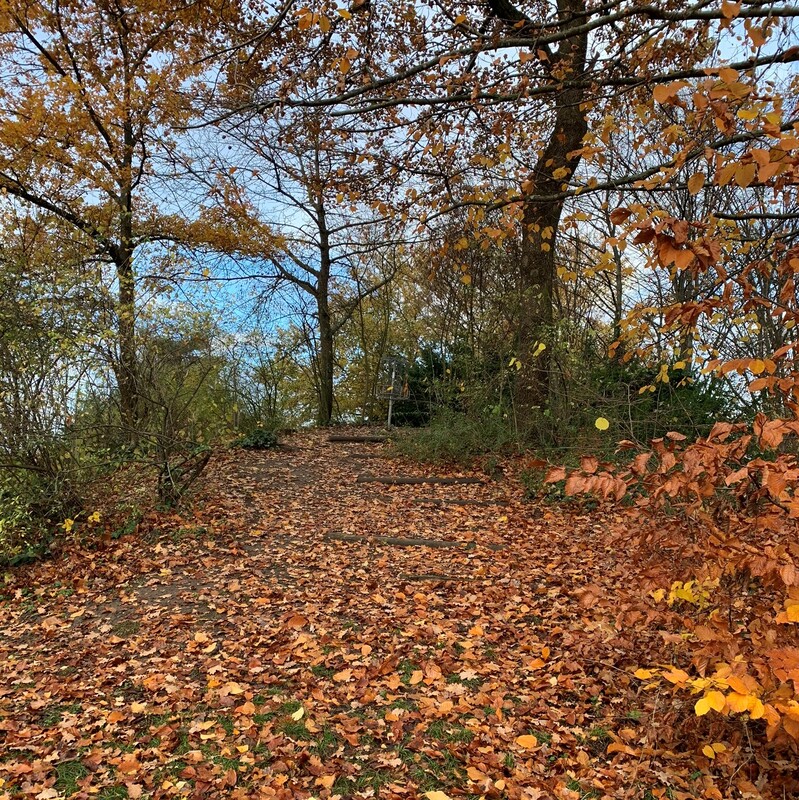
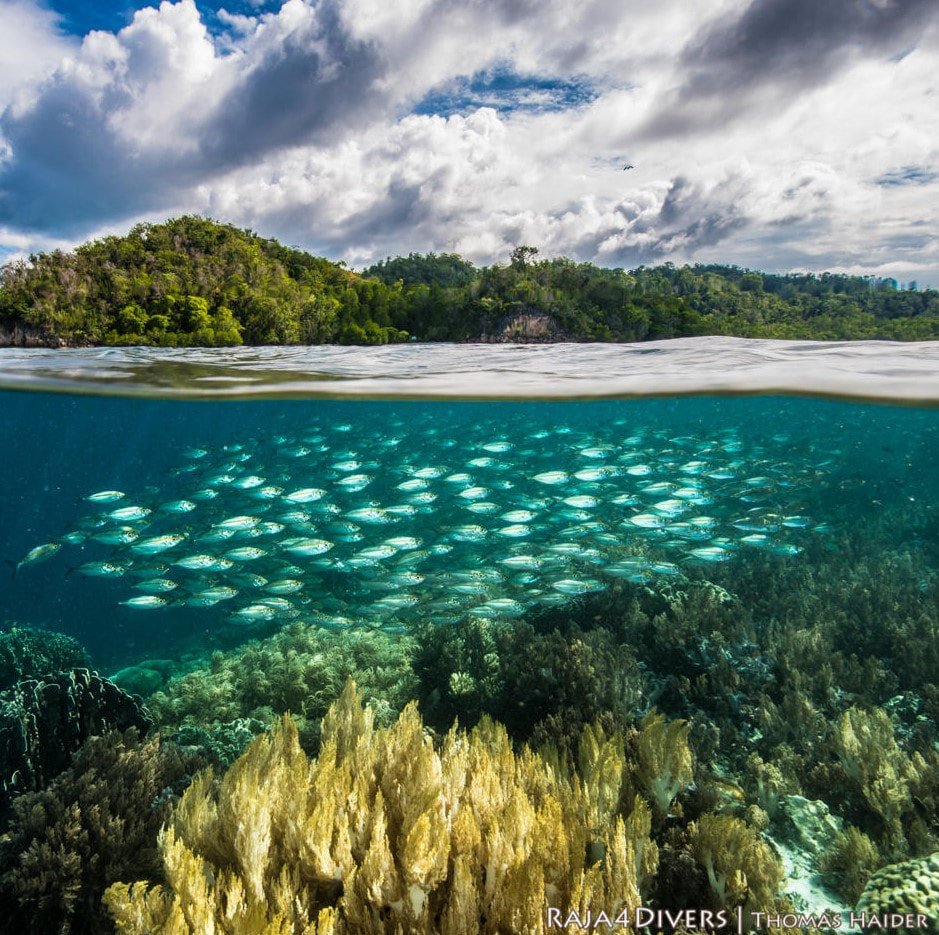
 RSS Feed
RSS Feed

